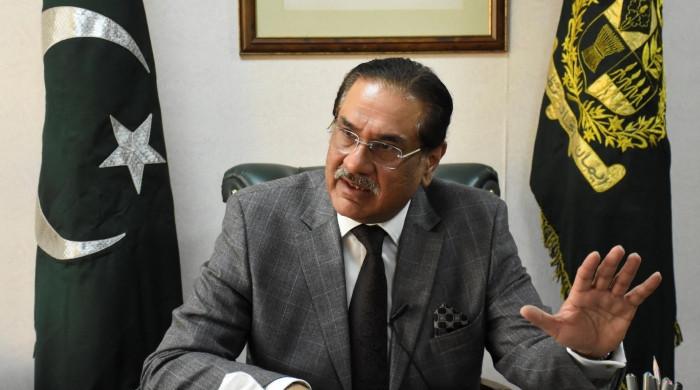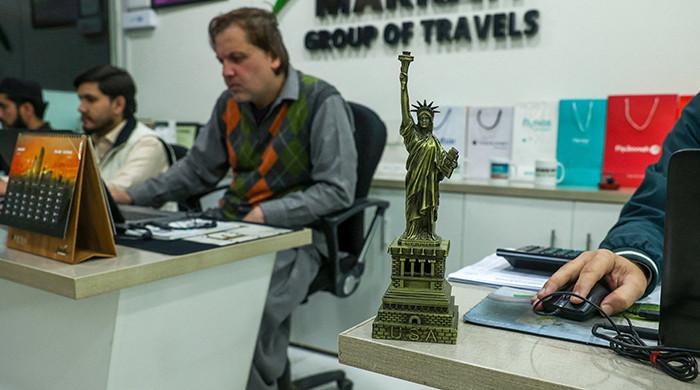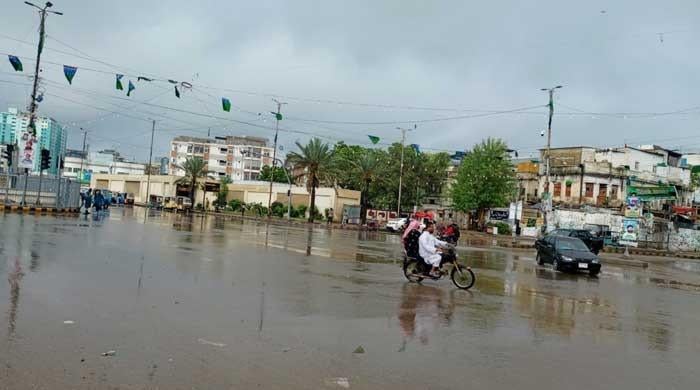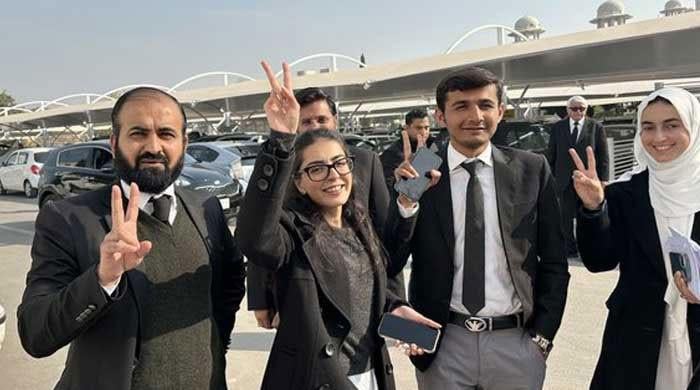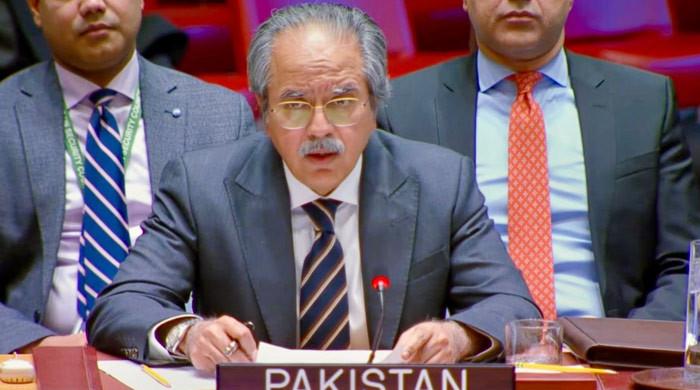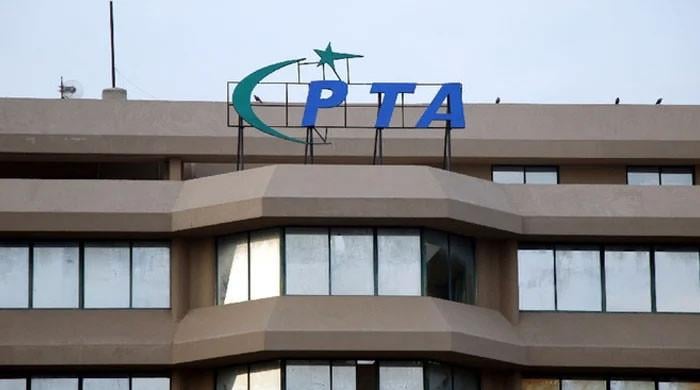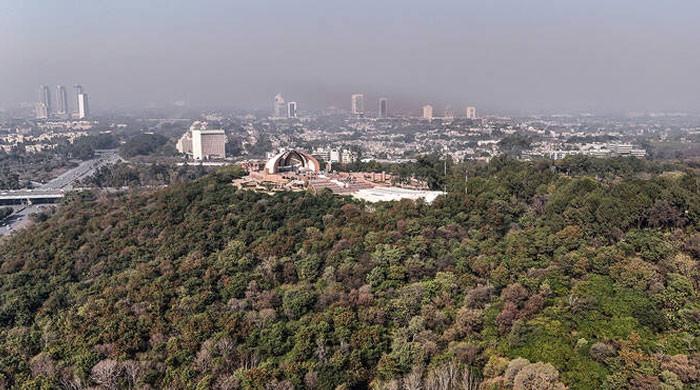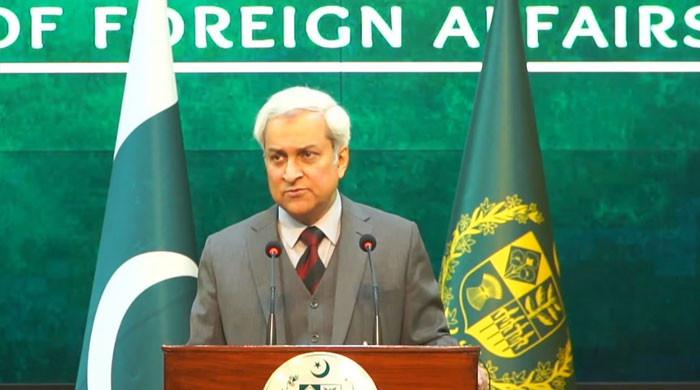Pakistan elected to UN Human Rights Council with 'overwhelming majority'
Pakistan's "contributions in strengthening human rights framework" recognised, says DPM Dar
October 14, 2025
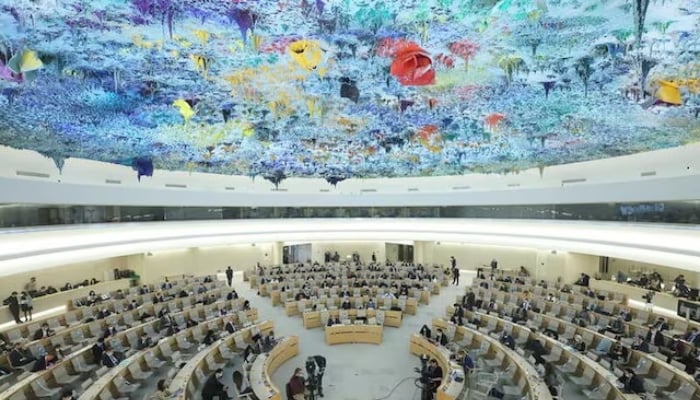
- Dar reiterates commitment to work with international community.
- Islamabad expresses gratitude to UN Member States for support.
- UNHRC election recognition of Pakistan’s strong credentials: Dar
Pakistan has been elected to the United Nations Human Rights Council (UNHRC) with "an overwhelming majority", said Deputy Prime Minister (DPM) and Foreign Minister Ishaq Dar on Tuesday.
DPM Dar, in a post on X, expressed gratitude to all UN Member States for extending support to Pakistan’s election for the 2026-28 term.
Dar stated that Pakistan's election to the UNHCR with an overwhelming majority was a "recognition of its strong credentials" and "contributions in strengthening the global human rights framework".
He reiterated Pakistan’s commitment to work with the international community on the basis of tolerance, respect, universality, consensus-building, and engagement.
Pakistan has been an essential part of the UN's peace and development efforts across the world. The country has made significant contributions to international security as it is one of the leading troop-contributing countries to UN peacekeeping missions across the world.
In July, Islamabad assumed the rotating presidency of the UNSC for the month.
A month prior to that, Pakistan was named vice-chair of the United Nations Security Council's (UNSC) Counter-Terrorism Committee, tasked with overseeing implementation of resolution 1373 (2001) concerning international anti-terror efforts.
The UNSC is the sole body that can make legally binding decisions such as imposing sanctions and authorising the use of force.
United States, Britain, China, France, and Russia have veto powers as their permanent members.
The remaining 10 members are elected, with five new members joining every year.
Last month, Pakistan called for strengthening and better equipping the UN peacekeeping to identify the underlying causes of disputes across the world.
Ambassador Asim Iftikhar Ahmad, permanent representative of Pakistan to the UN, said that missions should be empowered to sustain ceasefires, deter escalation, and foster dialogue.




